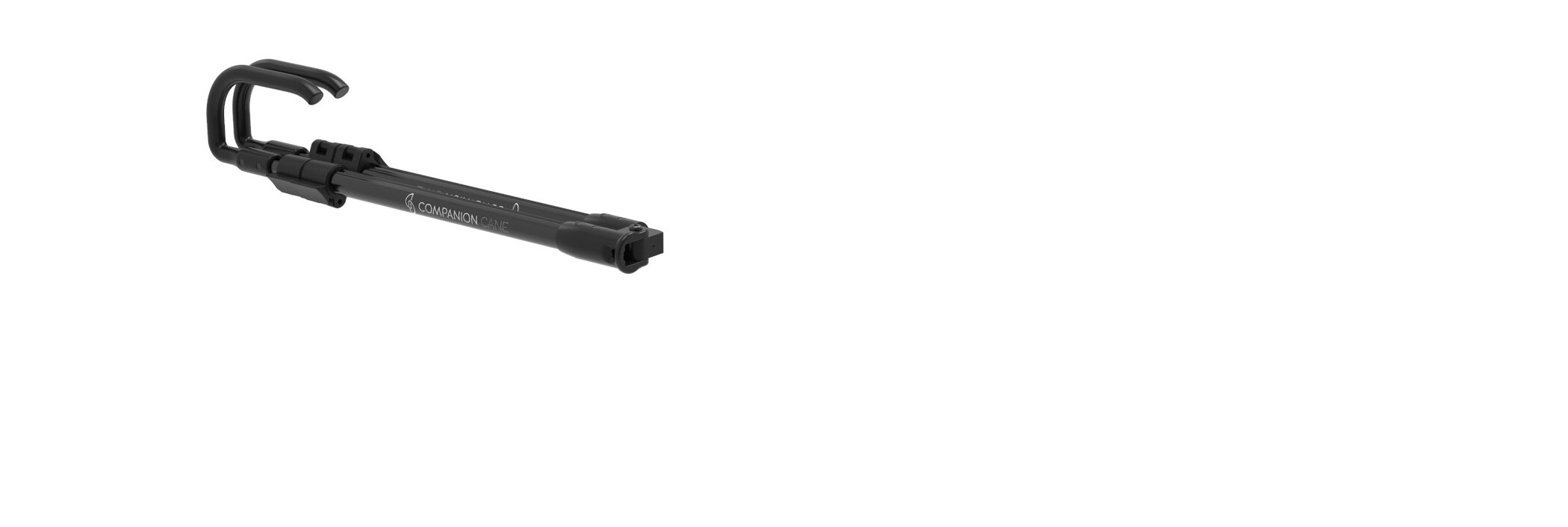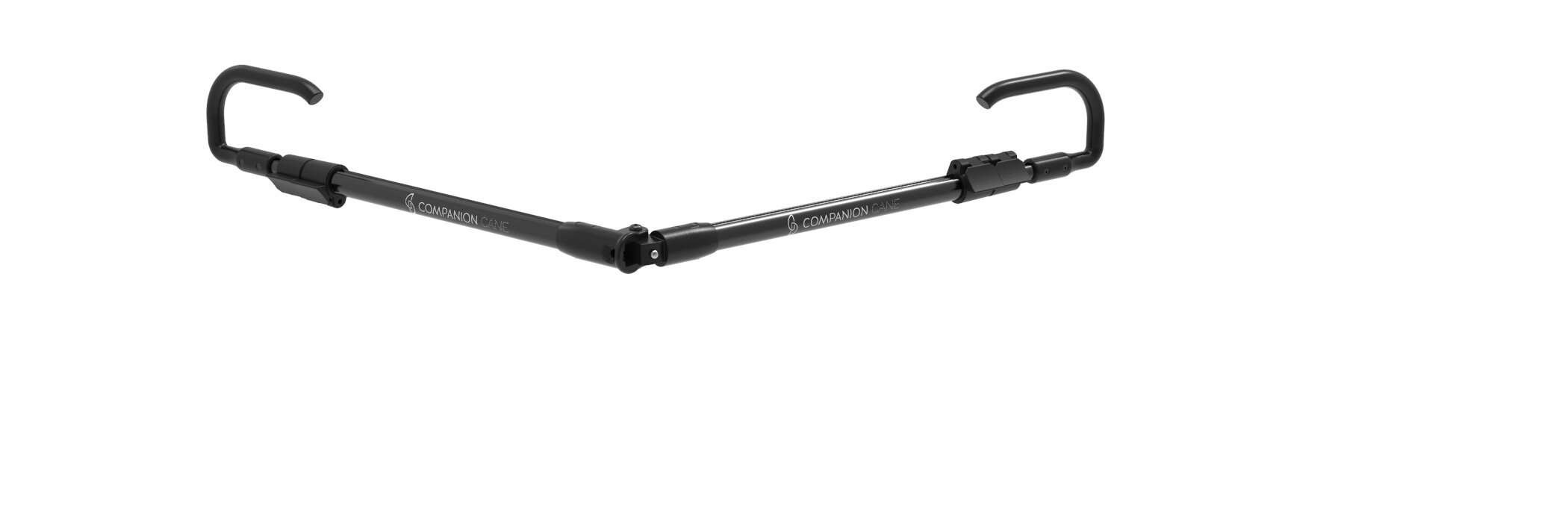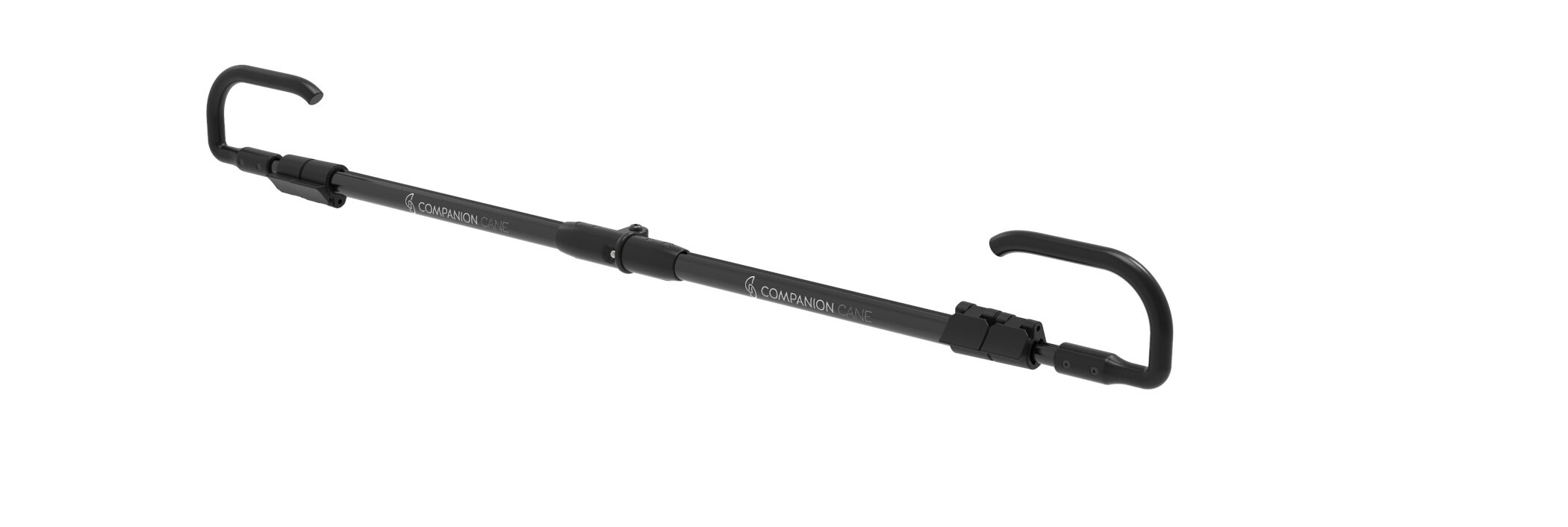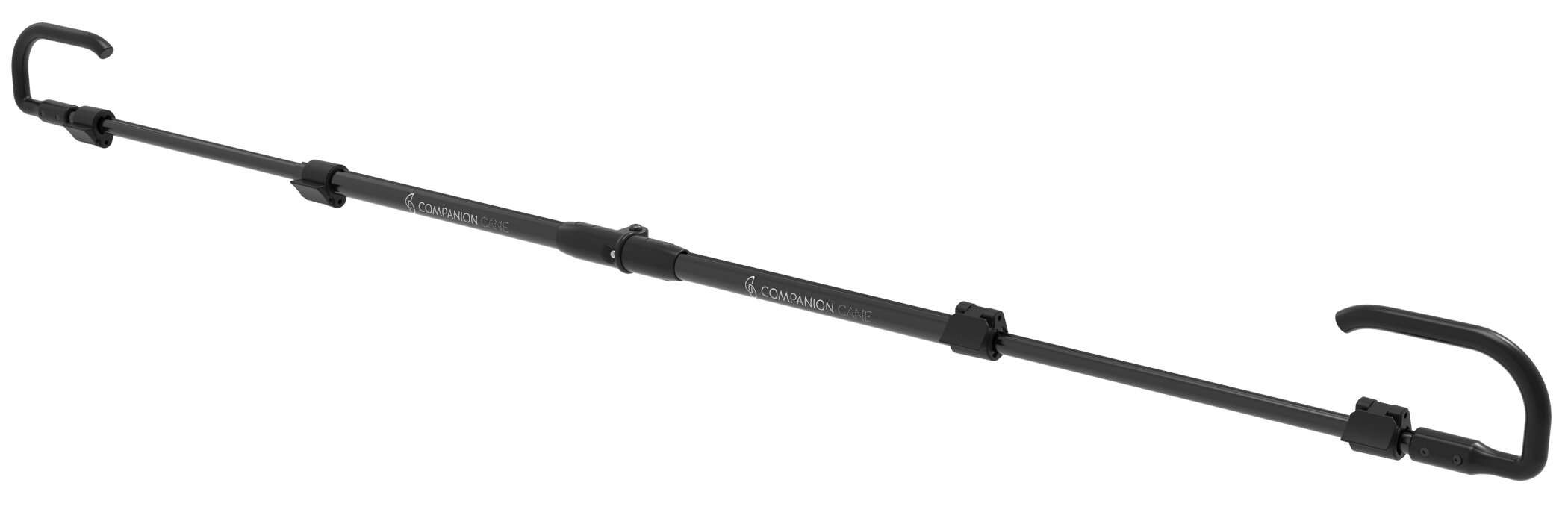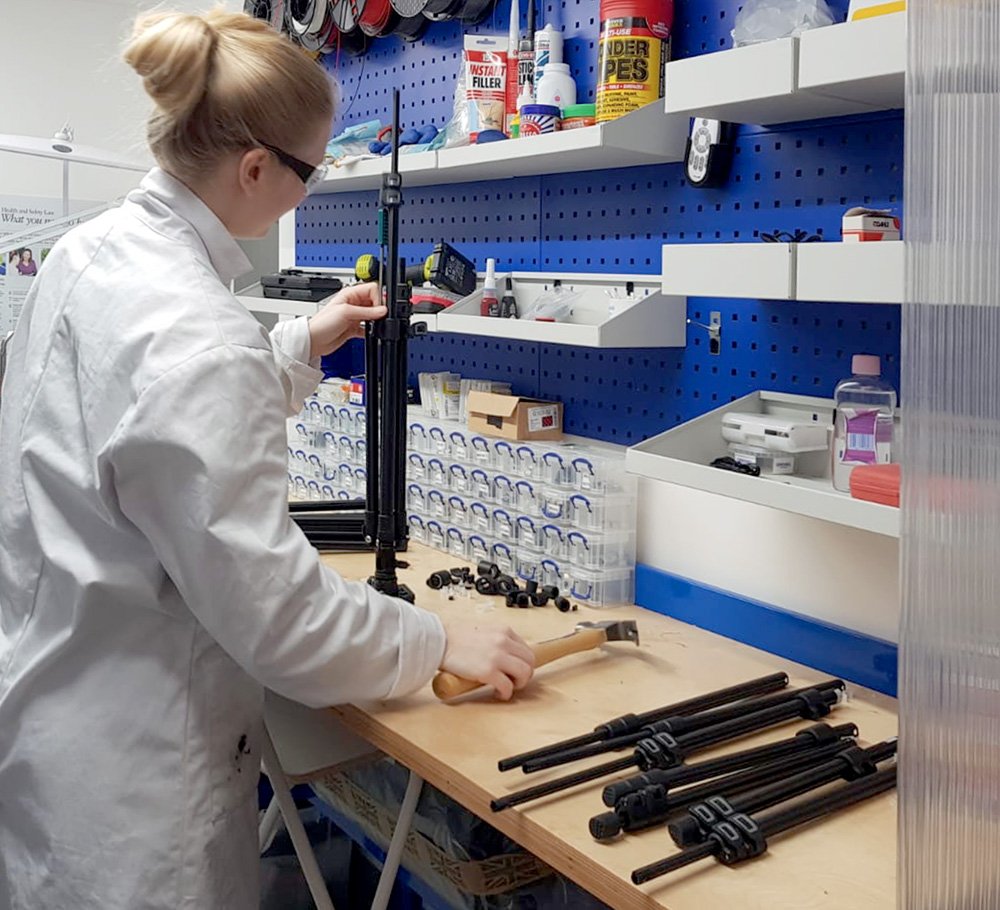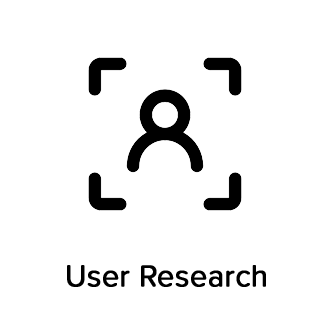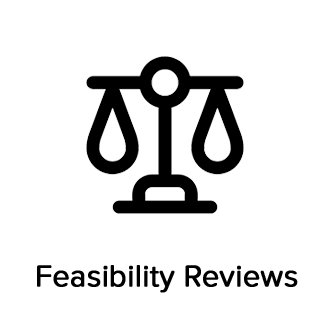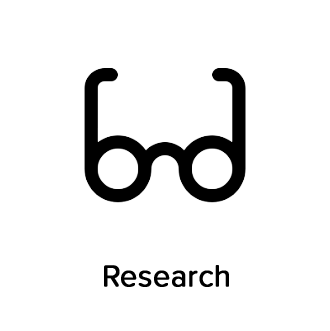During Covid-19 everyone had to deal with change and adapt to a new normal. However for some the challenges posed by the restrictions had been testing. For blind and visually impaired people the challenge of keeping 2 metres apart was more than tricky.
Amar Latif - Entrepreneur, TV personality, adventurer and professional traveller
The first blind person on Masterchef
I met Amar Latif, entrepreneur and TV presenter (most recently on Celebrity Masterchef) as he happened to stroll past my garden in the middle of the Yorkshire Dales while on a walk. Recognising him from River Walks, a TV programme on the BBC, I said hello, and our unlikely but unexpected encounter turned into a long conversation about the difficulties and issues of being blind in Lockdown. “How do you get around and keep socially distanced?” I asked him.
Amar filming BBC’s River Walks in Nidderdale
Canoeing on Scar House reservoir, Nidderdale
“It’s a nightmare” was Amar’s response. “I have a hotline to Leeds train station to book a guide who escorts me by the arm to my train, but in lockdown that’s impossible. So unless I'm taking someone with me (often not possible and double the price), I have to be transported around in a wheelchair by someone kitted out in full PPE – not ideal for them or me. It’s twice as bad when travelling internationally by plane.”
Together we set out on a mission to come up with a solution for a cane that would allow safe guiding at 2 metres. Qualities such as; easy-to-clean, robust, retractable and lightweight, compact for storing and equipped with sensory response for corners, curbs and steps were included in our criteria.
We took some time to understand Amar’s world and to appreciate why all the other products he’d tried were unsuccessful. We really got under-the-skin of the different, challenging scenarios Amar might find himself in to come up with a solution that would work.
Our usual ‘sketch and share’ process was of course inappropriate for working with a blind person so we had to come up with other ways to collaborate. This is where our 3D printer really came into its own. We went through numerous prototype iterations, each time 3D printing new mechanisms and handles, fitting them to telescopic arms and trying it out with Amar - going out for walks and recording his responses. Each time taking it away and developing it further, then going back with an improved version, until we had a refined solution that worked well.
Our product was dubbed the Companion Cane by Amar which soon stuck and became its official product name. Then following a manufacturing feasibility review we helped Amar to secure further development guidance, support and funding through the Leeds City Region Enterprise Partnership (LEP). It’s had plenty of exposure since, appearing regularly across social media and in many innovation publications and websites, culminating at Christmas 2020, when Amar (along with a prototype) appeared on the BBC’s One Show.
In the summer of 2021 Companion Cane became a reality and is now being manufactured - you can buy one here. In just 14 months from what was just the seed of an idea to a genuine need, is now available to all 360,000 UK citizens who are registered as blind or partially sighted - to get out and about more safely.
““Pippa and Richard have been so, so incredible – Pippa especially. During the prototype stage, she’d keep building new models for me to try out, and every time
I broke them! But each time I did, she’d provide me with another that was even better than the last.””















